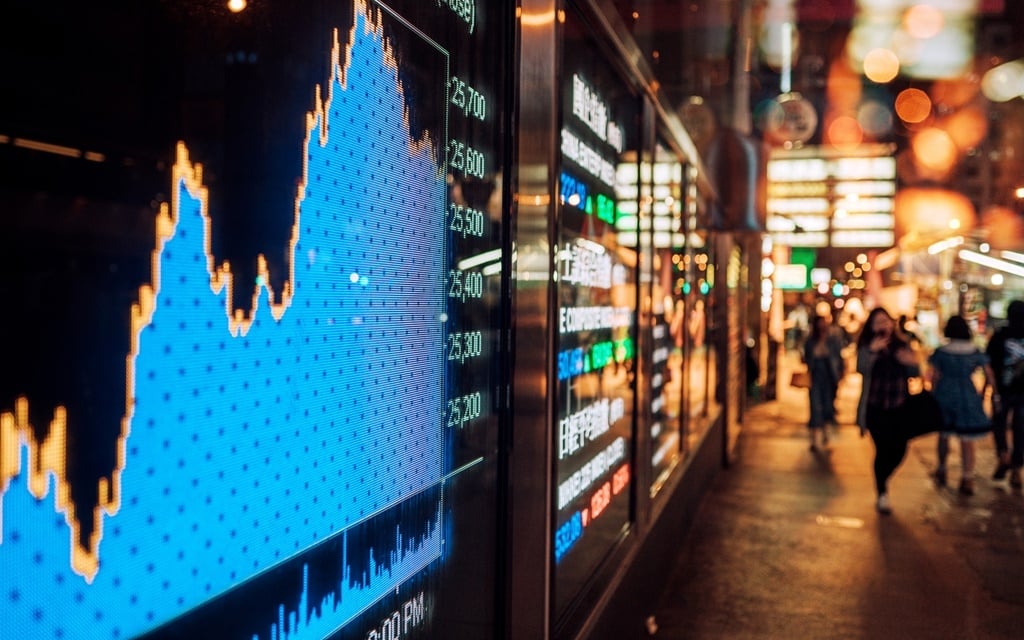
With many unknown variables to play out during 2021, it is inevitable that global markets will experience more volatility, says Nicholas Riemer. But this doesn't speak to long-term trends.
Towards the end of 2020 many South Africans were hopeful that 2021 was going to be a much better year for the world and the country compared to the roller-coaster year they had just experienced. December, however, saw the country enter a "second wave" of Covid-19 infections and consequently stricter lockdown measures were again introduced. As we enter the second month of 2021, it may feel as if we will be stuck in limbo this year – particularly given the lack of clarity around a comprehensive vaccine rollout programme.
The situation is evolving quickly, however, and while it may feel like we are at a standstill now, we will likely end 2021 in a much better place than where we started. Our key themes for the year are as follows:
Economies are expected to open completely over the next 12 months as "second waves" subside and make way for certainty due to the widespread rollout of Covid-19 vaccines (albeit at a differing pace by country). Global growth is expected to be strong, with China performing well. Strong global growth is good for emerging markets, due to higher commodity prices and stronger currencies.
- The dollar, as a countercyclical currency, is anticipated to remain weaker.
- We expect that interest rates globally will remain lower for longer and inflation to rise gradually towards target at some point.
- Local inflation is expected to remain benign, mainly due to sustained weak demand. We therefore expect the SARB to either leave rates steady or to cut rates by a further 25 basis points in 2021.
- While longer-term structural issues locally remain a concern, South Africa should benefit from a cyclical viewpoint.
- We anticipate better than money market returns from growth assets (equities and bonds) for the year.
- As always, the concrete implementation of structural economic reforms will pose upside risk to our forecasts on the local front. Hopefully, a better sense of unity and patriotism post the Covid-19 disaster might lead to a greater level of consensus on the need to frontload these growth-boosting reforms.
A lot has already been priced in from a global markets perspective and the outlook is quite frothy. Positioning in stocks is quite high and Covid-19 remains rampant. Investors may therefore have to be a lot more specific in their approach. While instruments like exchange-traded funds have performed very well over the past few years, we could see active managers or "stock pickers" performing better this year, particularly if they can take advantage of bouts of weakness.
The JSE may benefit from the rotation into emerging markets as highlighted above. Our local stock market forms part of this universe and is among the least expensive in the peer group. The JSE is also under-owned by foreign investors and could benefit from these flows this year. On the bond market, we may see support for these instruments supported by similar drivers as the equity market. Unfortunately, South Africa’s fiscal position remains constrained, which could see further downgrades by credit rating agencies this year.
What to bring forward from 2020
Although most of us have already closed the chapter on 2020, there was one key lesson that should form part of our investment strategy going into the new year. Last year was a year of extreme volatility.
Volatility measures the degree to which prices change over time. The more prices move, the more volatile the investment and the higher the risk. Both local and international market prices pulled back significantly during the early stages of the pandemic. Long-term investing, however, is about staying the course and riding out short-term market pullbacks. Investors that made the decision to sell on the back of negative sentiment would have forfeited the opportunity of benefiting from assets recovering and earning positive returns over the course of the year. By April 2020 the JSE ALSI had already started recovering and by June it had surpassed previous index highs.
The major lesson to take forward is to allow your investment strategies enough time to perform. When long-term investments have been made with sound fundamental reasoning, it is imperative to give that asset enough time to perform accordingly. Jumping in and out of the market is not a successful long-term investment strategy and can result in investors buying when asset prices are high and selling when low.
In short
With many unknown variables to play out during 2021, it is inevitable that global markets will experience more volatility. An important consideration is that short-term volatility is not indicative of a long-term trend. An asset can be highly volatile, yet still show long-term patterns of growth. Investments held over the long term tend to incur lower volatility than investments held over a shorter time frame.
Historically, staying invested in the market for the long term has resulted in success. Long-term goals need to be aligned to the strategy of staying invested, as staying invested allows investments and savings to overcome short-term market moves as was evident from the 2020 investment year.
Nicholas Riemer, Investment Education Head, FNB Wealth and Investments. Views expressed are his own.
